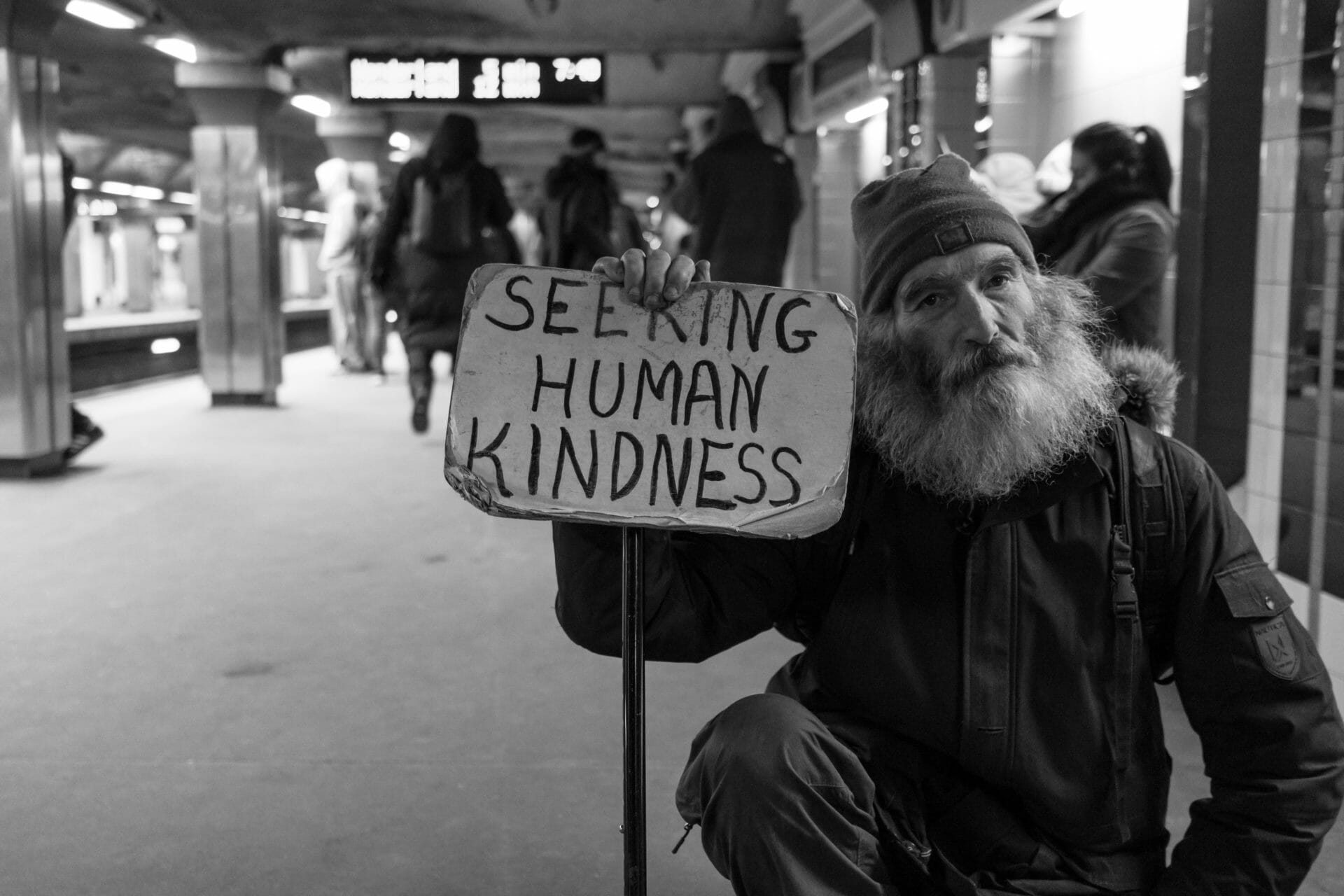
Photo by Matt Collamer on Unsplash
Dr. King and the three dimensions of a complete life
January 21, 2022
Last year at this time, I mentioned that I’ve practiced an annual reading of Martin Luther King Jr.’s “The Measure of a Man,” usually on New Year’s Day, but certainly coinciding with the period between the end-of-year holidays and Epiphany. It is a fifteen-year-old habit that has served me well. This year I wanted to focus on part of the book in particular: the three dimensions of a complete life by way of King’s interpretation from the twenty-first chapter of John.
In discussing these three dimensions of a complete life, Dr. King labeled them as the length, breadth, and height of what makes for completeness. Particularly intriguing is the concept of length, which in this case has nothing to do with how long one might live, but rather the ability to successfully meet one’s objectives based on the intrinsic responsibility for one’s well-being. King pointed out that to truly care for others, one must care for oneself. To love self is to love others. The new city mentioned in the book of Revelation is described as being equal on all sides (21:16). No judgment exists here, just a balance, a symmetry. My wife, an Education for Ministry mentor in the Episcopal Church, observed, “The polarities don’t drive it,” regarding the uniformity of the new Jerusalem. In a place like this, she added, “everyone gets the same amount of light” because we are all meant to be equal. Lady Wisdom. I married up.
King’s exposition on the length of life should cause each of us to consider our resources, personal and otherwise. Those resources have been strained mightily over the past two years. Loving ourselves through this pandemic is mandatory. It is imperative for making things better for God and others. The length of our lives rests on our willingness to offer our highest selves to a world screaming for leadership and compassion.
The measure of each person is revealed in those three dimensions of length, breadth, and height. Those dimensions are available to us but not given freely. They depend on a focused championing of the credence that there exists a profound reciprocation in life.
Dr. King’s notion of life’s breadth encompasses that which spurs us to demonstrate concern for the well-being of others. I view breadth as an extension—a reaching out to the world. Interdependency exists that we are all obliged to at least acknowledge. Americans can get hyper-focused on independence. I have a friend who kept stressing his independence and self-sufficiency to me, preaching more to himself in reality than to anyone else. I gently reminded him of the need for interdependence. That is part of the breadth of life. It is the sense that we just can’t quite make it without the presence of others. It’s not about their approval, mind you, but their personhood, the substance of their being. One of my favorite MLK quotes is “I can never be what I ought to be until you are who you ought to be.”[i] This is King’s expression of the beauty and truth of the Golden Rule. It is about loving neighbor as oneself.
The length and breadth of life point to the third dimension of life: height. The height of life, the acknowledgment of God, is what completes a person’s life. As I reflect on the nearly six decades of my life, I am compelled to admit that on some days, I am as confused as ever. As a seminary graduate with some “time in the field,” I want to believe that Christians are and have been the harbingers of kindness and compassion. As my father used to say, “’Taint necessarily so, McGee.” My indigenous ancestors would testify to something different than I wish true. The acknowledgment of, and praise for, this Great Spirit by way of the length and breadth of life should lead us to such an understanding of this being that we reflect that being’s character in all that we do.
On that distant island of Patmos where John had his vision of the new Jerusalem, he simultaneously saw the great history of saints and God’s best for God’s people living in the here and now. Our reward is reaching the great new city by faith in God and demonstrated compassion for others. We have arrived at yet another new year, and despite the great sorrows and horrors of recent times, there is much to celebrate. For one, the new Jerusalem awaits us no matter the suffering that we’ve endured on this earth. It is the one promise we can truly count on.
The measure of each person is revealed in those three dimensions of length, breadth, and height. Those dimensions are available to us but not given freely. They depend on a focused championing of the credence that there exists a profound reciprocation in life. We are accountable to one another and to our Higher Power, and that recompense is simply not practiced often enough.
May we recognize that and adopt proper precepts in 2022, a year of great anticipation and, hopefully, meaningful change. And should the great new city come for us this year, let us shed the polarities and embrace the symmetry.
Rev. Bryan D. Jackson is an American Baptist minister and a member of the Cherokee Community of Puget Sound and the Mt. Hood Cherokees, both satellite communities of the Cherokee Nation. He lives on Vashon Island, Washington and is the author of Chattahoochee Rain: A Cherokee novella.
The views expressed are those of the author and not necessarily those of American Baptist Home Mission Societies.
[i] Martin Luther King Jr., “The Measure of a Man” (Minneapolis: Fortress, 1988), 48.


